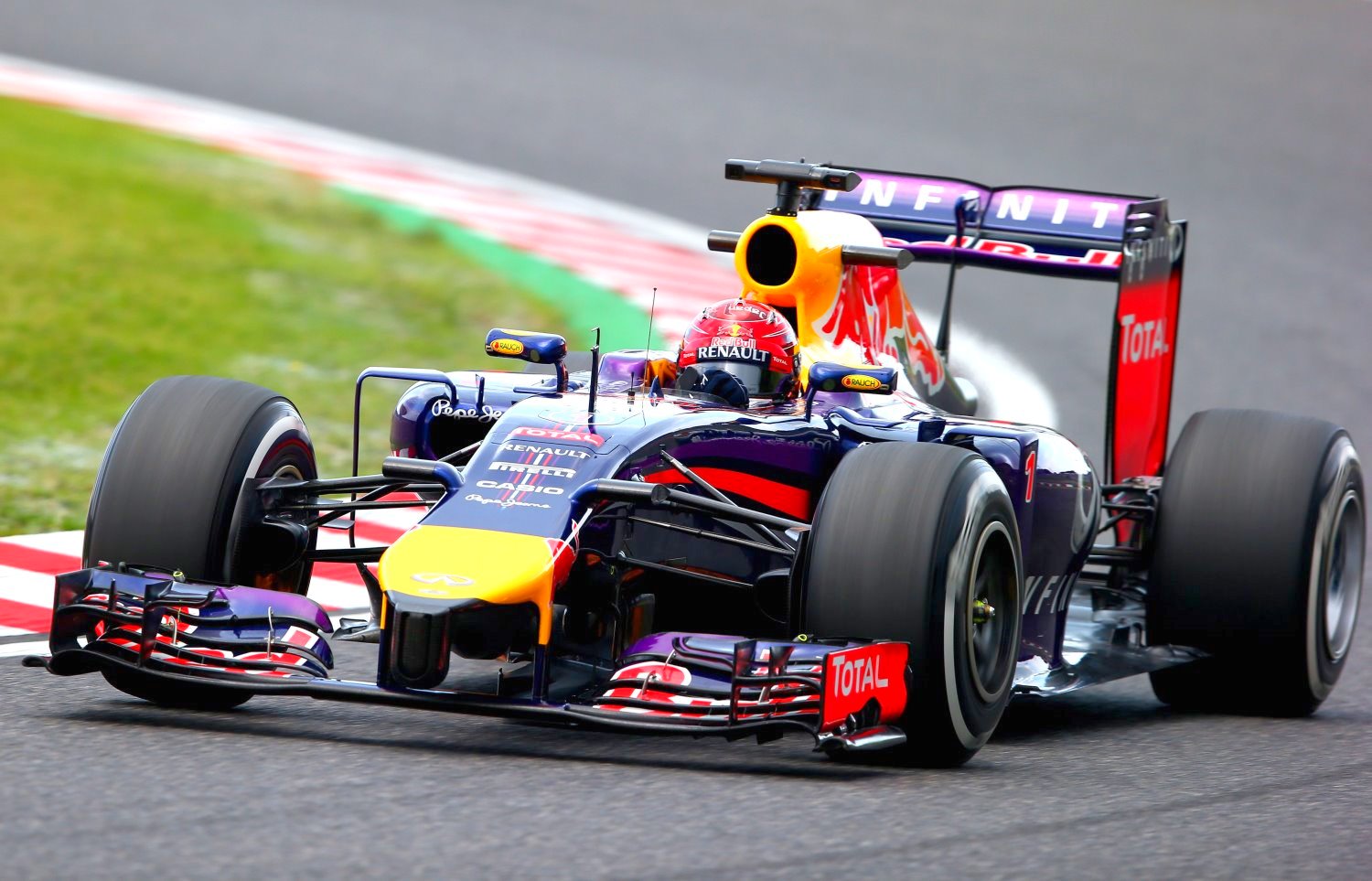Red Bull’s $314m budget highlights Formula One inequality
 |
| Over $150 million per car per year. One Red Bull costs more to field than the entire IndyCar paddock for a year. |
The widening chasm between the haves and the have-nots in Formula One has reached new levels as The Independent can reveal that Red Bull Racing have spent a record $314m on their campaign this year.
The budget for the Milton Keynes-based team, who go into the season-ending Abu Dhabi Grand Prix on 23 November with no chance of winning a fifth consecutive World Championship, stands in stark contrast to the sport's backmarkers, who spend well under half of that figure.
Marussia went out of business on Friday after picking up just two points this year and spending $122m. The costs of last-placed Caterham came to $67m last year and they are trying to raise a further $4m through crowdfunding after the team went into administration last month.
Since then a war has waged in Formula One about the difference between the budgets of the front-runners and those at the back of the grid. The catalyst of the crisis is the sport's high-octane costs and the inequitable distribution of prize-money, which favors leading teams like Red Bull Racing.
Their 2014 budget, revealed in recently released company accounts for 2013 when the development work on this year's cars was done, was up by $32m and came to more than any team has spent in the history of Formula One. Despite repeated attempts to cut the sport's costs, the accounts show Red Bull Racing's spending has surged by $103m over the past five years.
The team's income hit $315m last year and it comes from three main sources: sponsorship, prize-money and payments from their owner, the energy drinks company Red Bull, run by billionaire Dietrich Mateschitz. The first two areas accelerated last year, meaning Red Bull could reduce the amount it poured into the team by $86m to $21m.
The boost to the team's fortunes is largely thanks to new prize-money terms. The basic pot is a share of 47.5 per cent of Formula One's profits, which is divided into two, with one half split equally between the top 10 teams and the other paid to them on a sliding scale, depending on their position in the constructors' championship. Red Bull Racing also get a share of a prize pot of at least $96m, split between the top three teams based on races won in the four seasons prior to 2012. They lead this group and picked up at least $37m.
The funding has fuelled Red Bull Racing's success. Last year, their biggest cost was research and development spending, which came to $133m and was up by 10 per cent. Staff numbers also rose by 17 to a total of 675. The Independent
